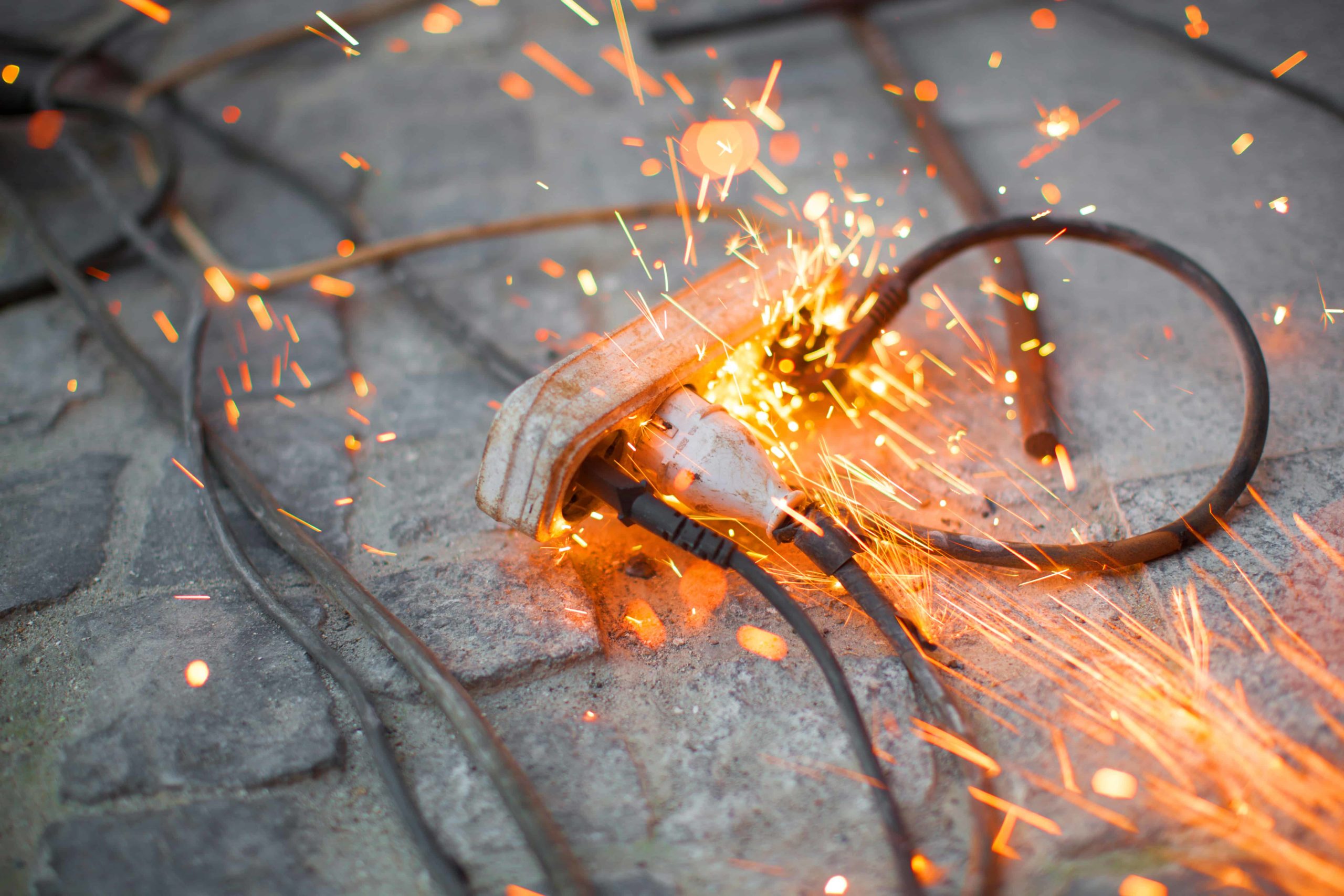Fire Hazards Prevention for Your Home and Business
Fire is a destructive force that can quickly engulf homes and businesses, causing loss of life, property damage, and economic hardship. Fortunately, many fire hazards can be prevented through vigilant safety measures and proactive planning.
Electrical Safety
Faulty electrical systems are a common cause of house fires. Ensure that your home’s electrical system is up to code, and never overload circuits. Check for frayed cords, and replace them promptly. Avoid the use of extension cords whenever possible. Consider a thermographic inspection to check for potential issues.
Smoke Alarms and Fire Extinguishers
Every home should be equipped with working smoke alarms on each floor and near sleeping areas. Regularly test and replace the batteries in these alarms. Additionally, have fire extinguishers readily accessible in key areas of your home, such as the kitchen and garage.
Kitchen Safety
The kitchen is a high-risk area for fires. Never leave cooking unattended, and keep flammable materials like paper towels and dish towels away from heat sources. Install a fire-resistant stove guard to prevent stovetop fires.
Heating Equipment
Keep heating appliances, like space heaters, at least three feet away from flammable materials. Furnaces and chimneys should be inspected and cleaned regularly to prevent creosote buildup, which can lead to chimney fires.
Candles and Open Flames
Use candles with care. Keep them in sturdy holders, away from flammable materials, and never leave them unattended. Consider using battery-operated flameless candles for a safer alternative.
Secure Smoking Materials
If you smoke, do so in a designated area. Ensure that cigarette butts and ashes are fully extinguished and disposed of in fire-safe containers.
Proper Storage of Flammable Materials
Store flammable liquids, such as gasoline, in well-ventilated areas away from your home. Use approved containers designed for storing such materials.
Fire Safety Plan
Businesses should have a comprehensive fire safety plan in place. This plan should include emergency exit routes, assembly points, and designated individuals responsible for managing fire safety. Regular fire drills should be conducted to ensure that employees are familiar with the plan.
Fire Suppression Systems
Install and regularly maintain fire suppression systems, such as fire sprinklers and fire alarms. These systems can quickly detect and suppress fires, minimizing damage and preventing their spread.
Electrical Safety
Just like in homes, electrical safety is paramount in business settings. Regularly inspect and maintain your electrical systems to prevent overloads, short circuits, and other electrical hazards.
Hazardous Materials Management
If your business handles hazardous materials, ensure that they are stored, handled, and disposed of in compliance with all safety regulations. Employees should be trained in the proper procedures for handling such materials.
Proper Storage and Housekeeping
Maintain clean and organized workspaces to prevent the buildup of combustible materials. Avoid clutter, and promptly dispose of waste in designated containers. Proper storage of flammable and combustible materials is essential to reduce fire hazards.
Fire-Resistant Building Materials
Consider using fire-resistant building materials when constructing or renovating your business premises. These materials can significantly reduce the risk of a fire spreading quickly.
Emergency Lighting
Install emergency lighting that activates during power outages, ensuring that evacuation routes remain well-lit and visible.
Smoking Policies
Implement strict smoking policies within your business premises. Designate smoking areas away from the main building, and enforce a no-smoking policy within the facility.
Security Measures
Control access to your business premises to prevent unauthorized entry and potential fire hazards. Monitor and secure any potential points of entry, and establish security measures to reduce the risk of arson.
In both home and business settings, regular inspections and maintenance are critical. This includes checking and testing fire safety equipment, such as smoke alarms, fire extinguishers, and fire suppression systems. Additionally, ensure that fire safety practices are well-communicated to all residents or employees. Regular training and awareness campaigns can significantly reduce the risk of fire hazards.
Read More: 7 Tips for Tailgating in Fashion

